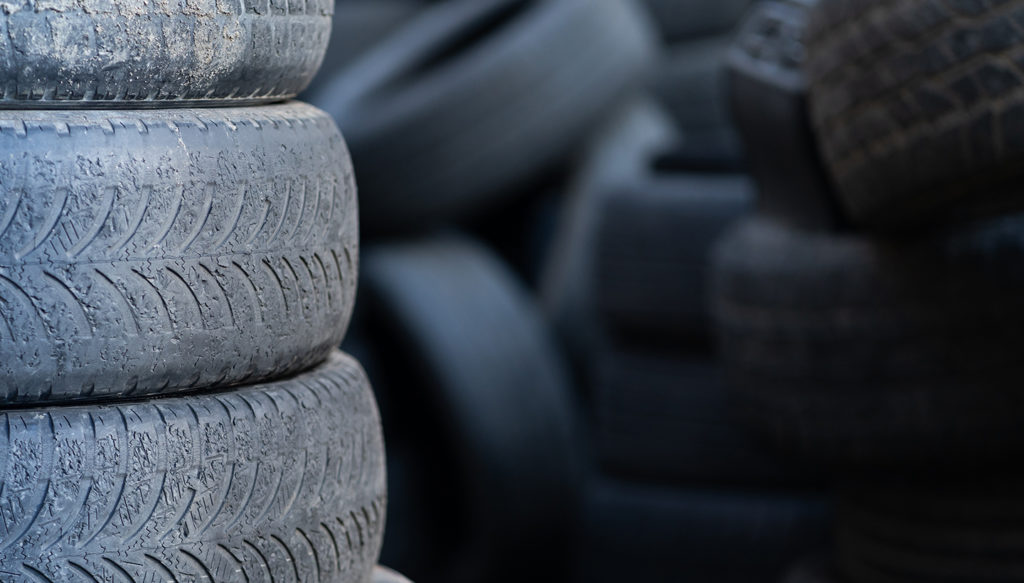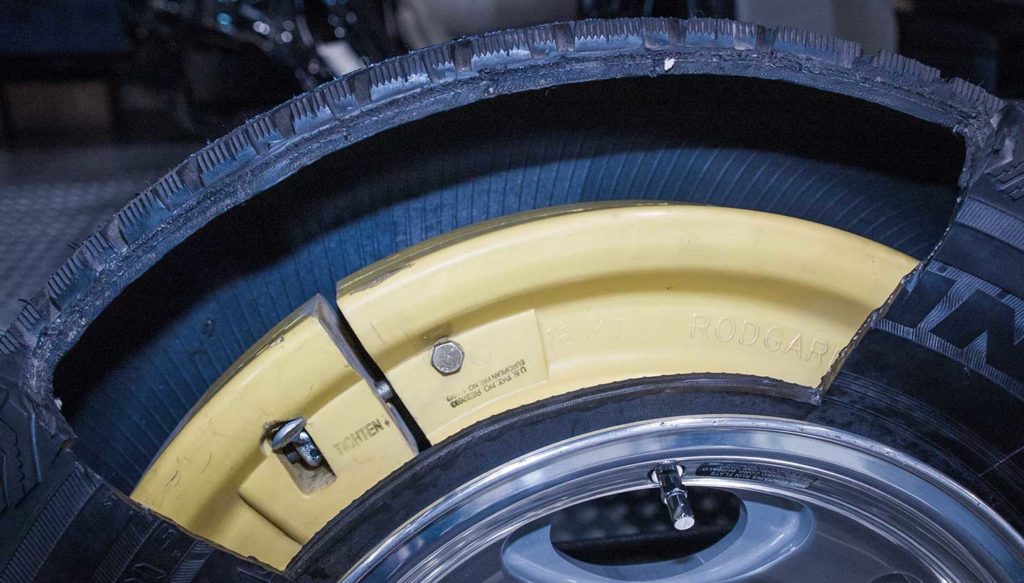Car Gaskets: What Are The Different Types and How Do They Work?

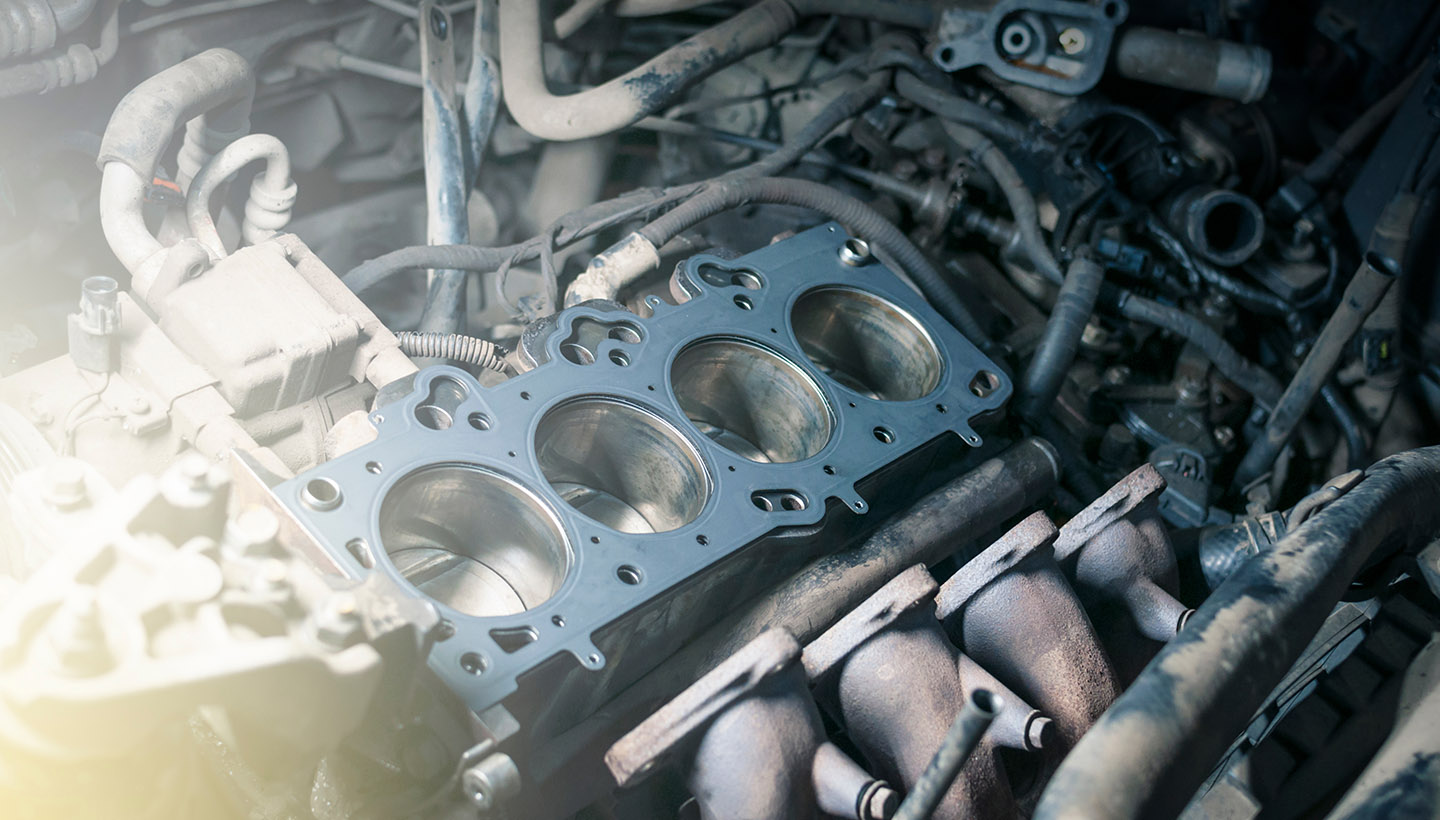
When talking about the components that make up the engine circuit, it certainly cannot be separated from the gaskets which are an insulator in the engine block assembled into one. Thanks to its very vital role, of course, the gaskets are always available in an engine.
The use of gaskets has the aim of preventing leakage in the cooling water, compression, and oil combustion gases. If a leak occurs, it will cause various gas leaks and other problems to the engine.
What Is a Gasket?
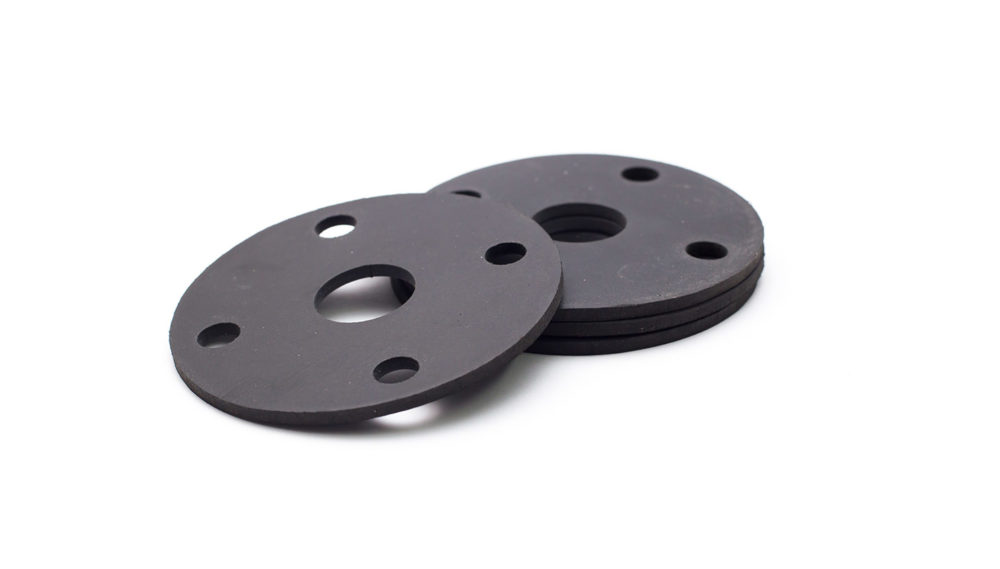
A gasket is an object installed or glued on the surface of two different objects. Car gaskets contain fluid that can prevent leaks and are useful in closing or attaching the two objects, so as to avoid leakage.
Leaks are very dangerous if left unchecked, therefore car gaskets are made of heat-resistant materials. The gasket working system must work together with the connection, so the sealing ability must be studied very carefully.
In general, this component is used in flanges to connect various pipes or other connections. The shape usually resembles a paper that is used to glue between the iron gaps useful for preventing oil seepage in vital engine parts.
Car Gaskets Function
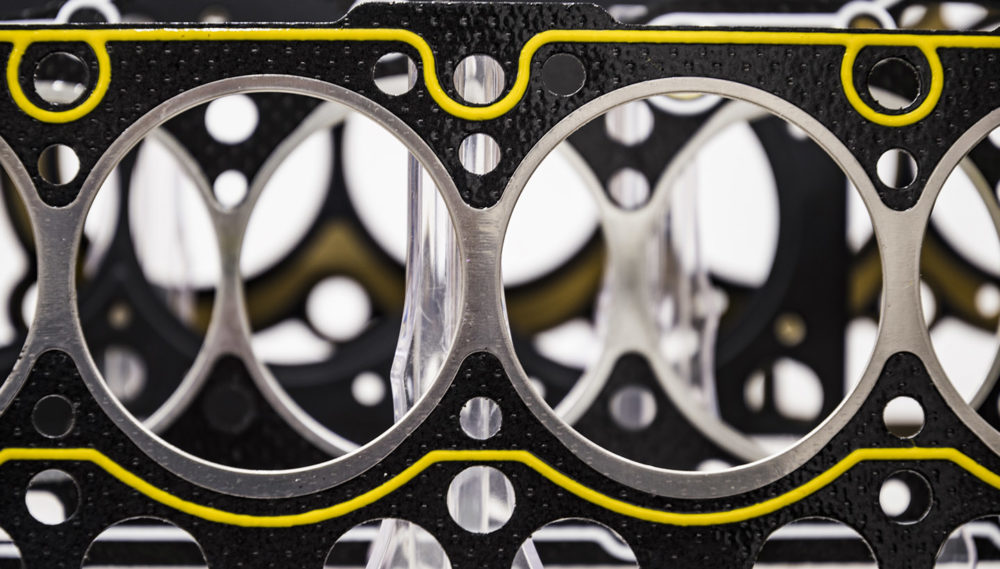
Gaskets have a very important function in a car, here are 3 main functions:
1. Prevent Leaks
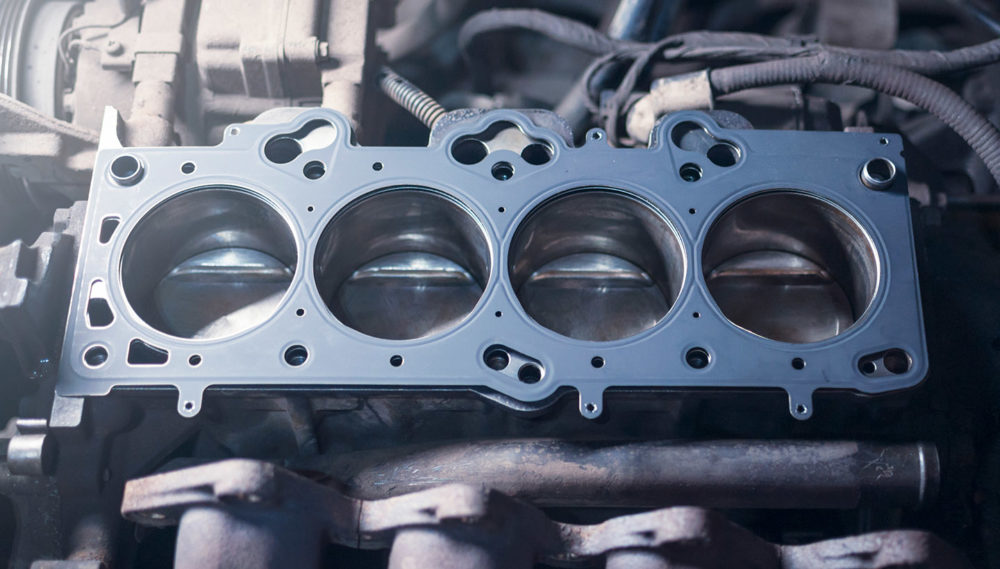
Baca Juga
The main function of a car gasket is to act as an insulator between the cylinder block and the cylinder head. The purpose of the insulation is to prevent oil leakage so that oil will not enter the radiator channel or vice versa. The presence of a car gasket prevents oil from seeping into the combustion chamber.
Car gaskets also function to maintain density and prevent leakage during the compression process. With the car gasket, the combustion chamber can be closed very tightly and this makes maximum compression possible in the combustion chamber.
2. Withstand Pressure
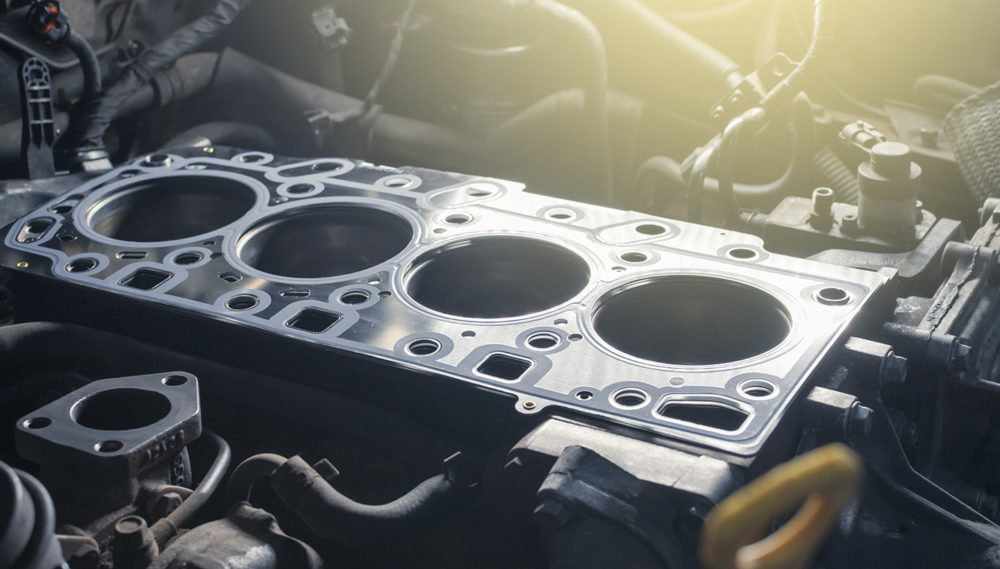
Another function of the gasket is to hold the pressure, so it doesn't spread from the cylinder head to the block gap. Basically, a car engine must have an engine block and have a cylinder head made on top.
3. Distribute Heat
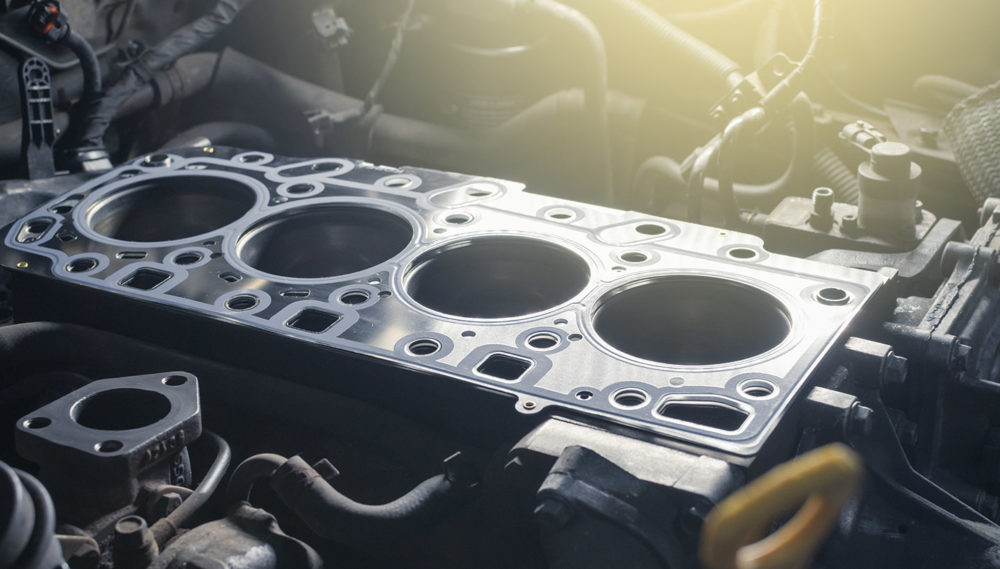
Car gaskets also function as heat distributors from the cylinder block to the head block. The gasket used is typically metal packing. In general, this function is closely related to preventing leakage.
Types of Car Gaskets
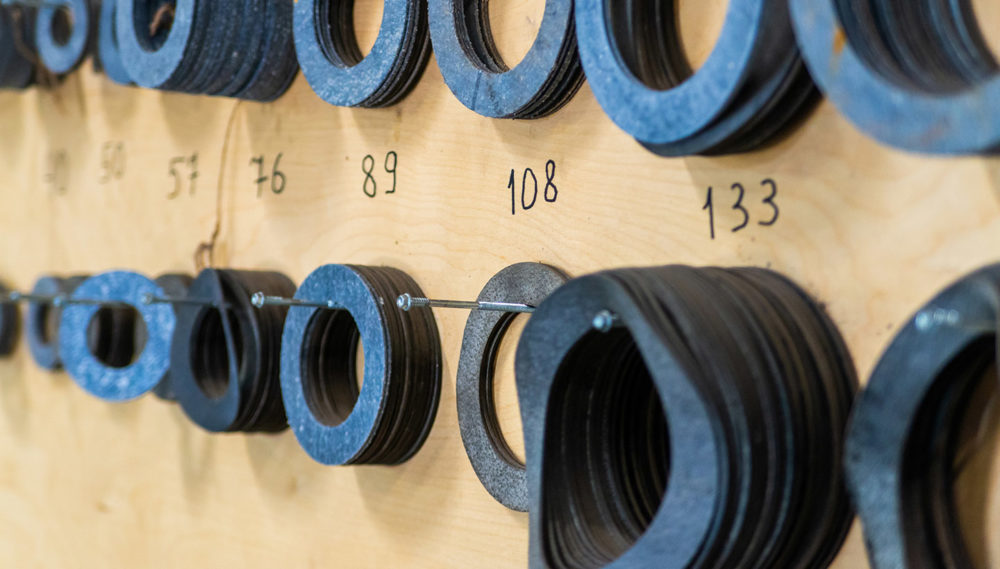
Several types of gaskets can be found in the market. Below are 9 types of gaskets that are widely used.
1. Paper Gasket

Baca Juga
Gaskets made from paper are the gasket types that have the cheapest prices. Typically used to seal oil and water, this gasket type can be filled with other materials, such as wax.
2. Varnished Paper Gasket
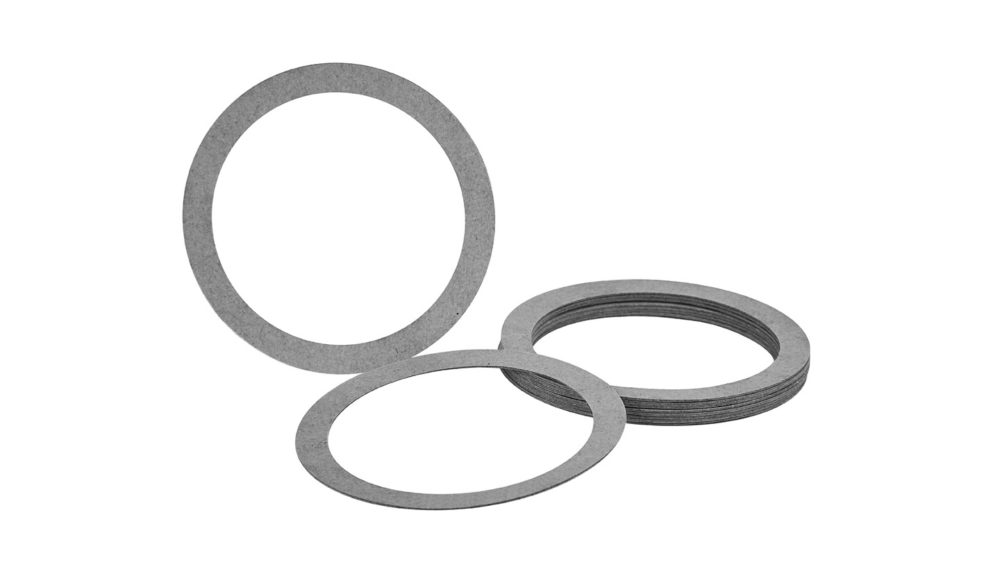
Gaskets are bulkheads made of paper and these components are also made of varnished paper. This material is very good when compared to ordinary paper. Basically, the surface of the lacquered paper should not be cracked or damaged, so that it can function properly.
3. Cork Gasket

Gaskets made from cork are commonly used at low loads and on uneven surfaces. While it is resistant to solvents and oils, this material is unfortunately not resistant to water. The thickness of the cork gasket differ.
4. Cork and Rubber Mixed Gasket
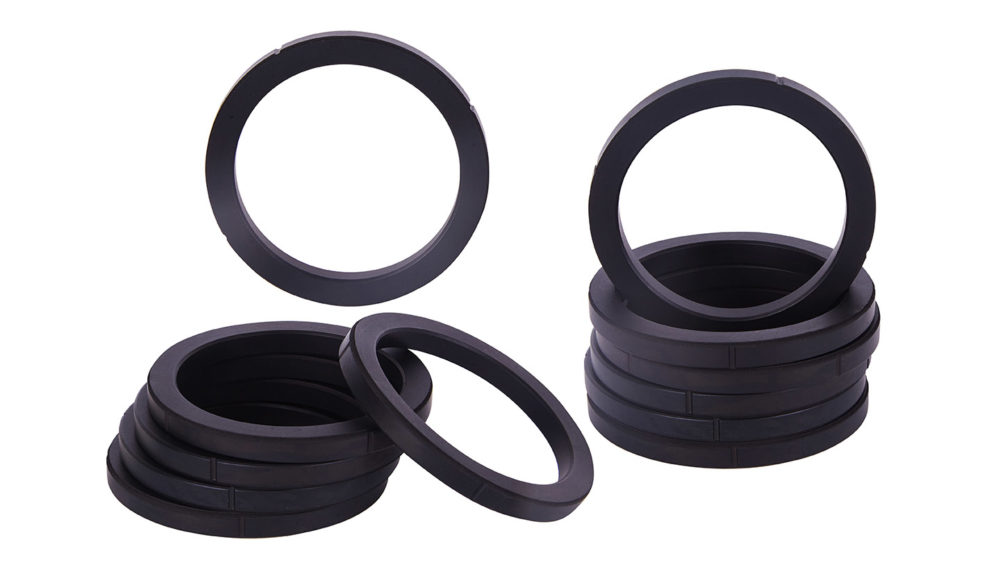
Gaskets produced out of cork mixed with nitrile or neoprene elastic materials has even better quality as it gets more flexible and higher in strength. This type of gasket can be used for low to high loads.
5. Rubber Gasket
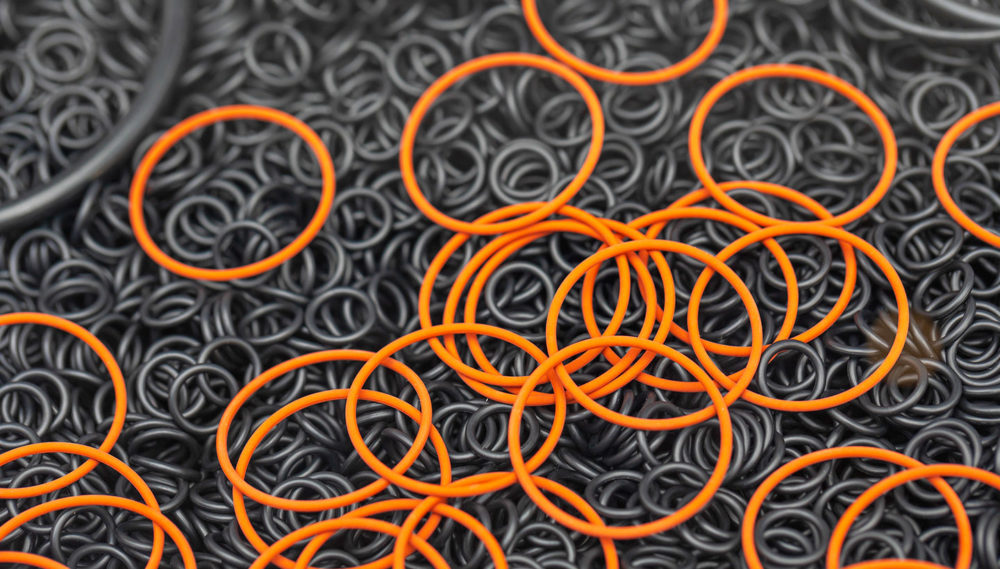
Rubber is one of the most versatile materials because it can be used as a connection to drain cold water and is very resistant to heat. Rubber leakage on this type of gasket is very influential, so it needs to be considered carefully.
6. PTFE/Teflon Gasket
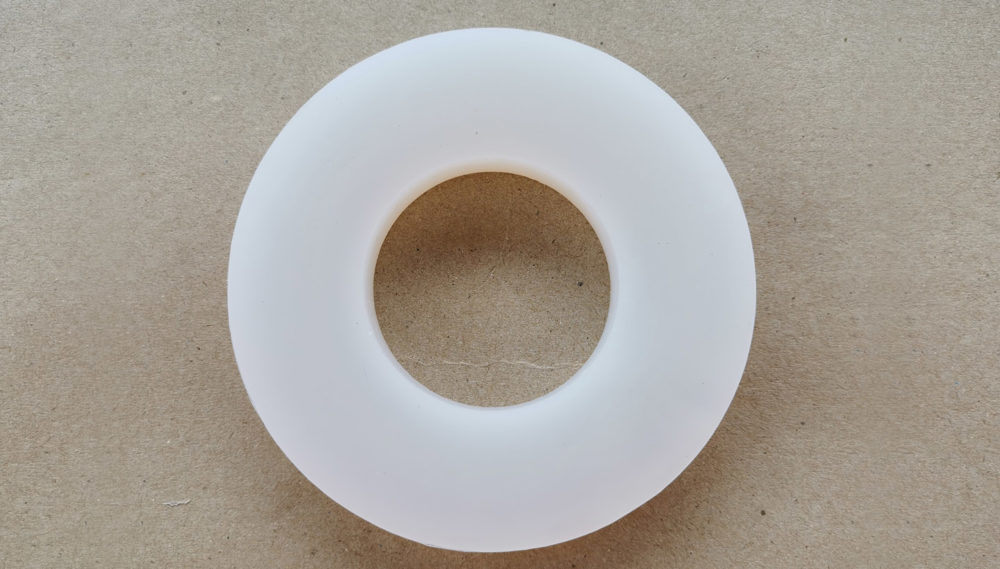
PTFE/Teflon is a type of gasket material that is very multifunctional. In general, this type of gasket is made of solid chemicals and is generally used at low temperatures. The resistance of this gasket is very strong against chemicals. The shape of this gasket is made to resemble a soft rope, so it can be used as a circular or flat seal.
7. Fabric-Coated Graphite Gasket
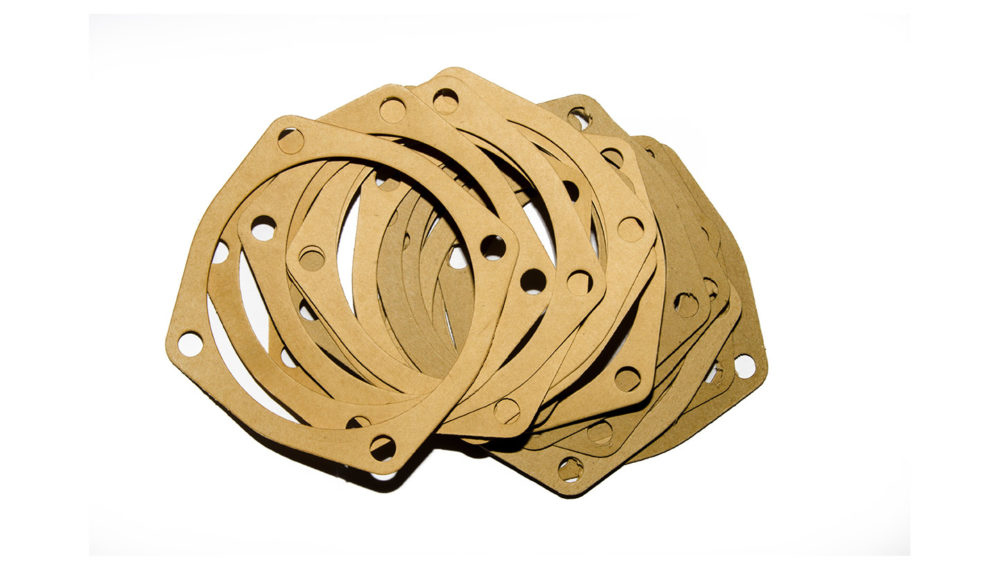
This type of car gasket is a very flexible type and has good resistance to heat, so it can be used for connections that allow hot water and steam to flow. Not only that, this gasket material is resistant to acidic and alkaline conditions.
8. Metal Material Gasket

Metal gaskets are typically used when non-metallic gaskets cannot support the performance of the car engine to prevent leakage. Types of metal gaskets consist of semi-metallic gaskets and pure metal gaskets.
9. Copper-coated Asbek Gasket
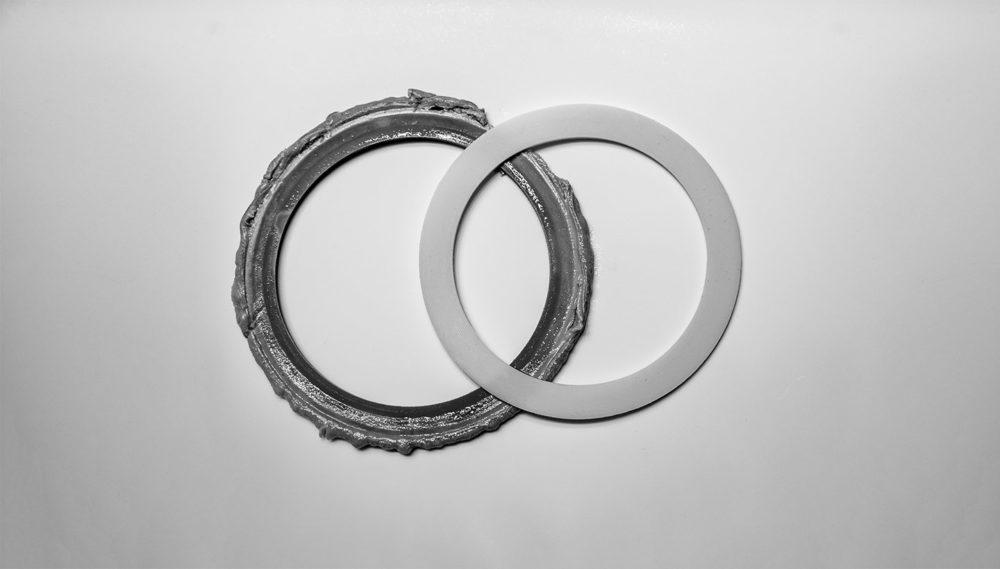
This type of gasket has an asbestos layer consisting of two thin sheets of steel and copper. This material is very good to use at very high temperatures. By using this type of gasket, leakage will be avoided very well.
SHARE:












